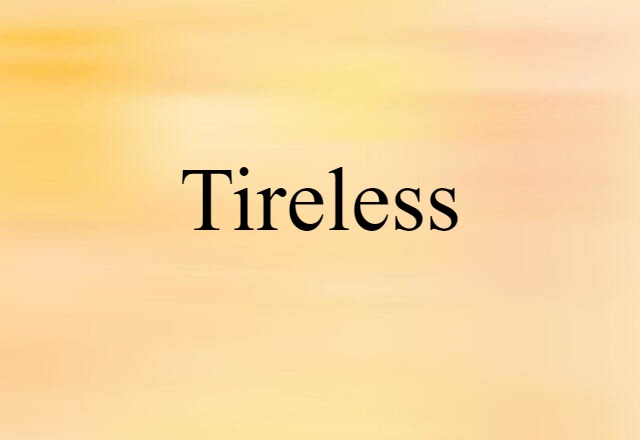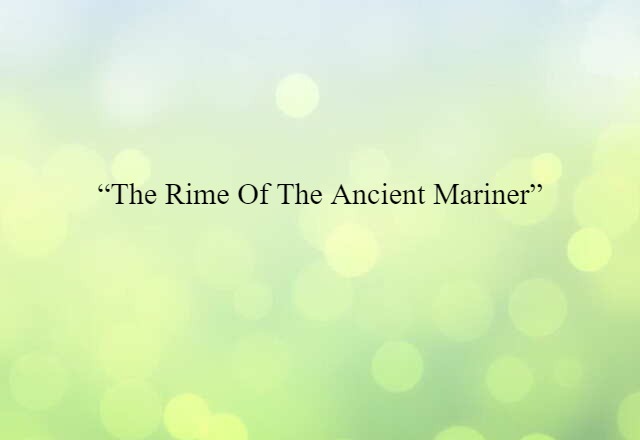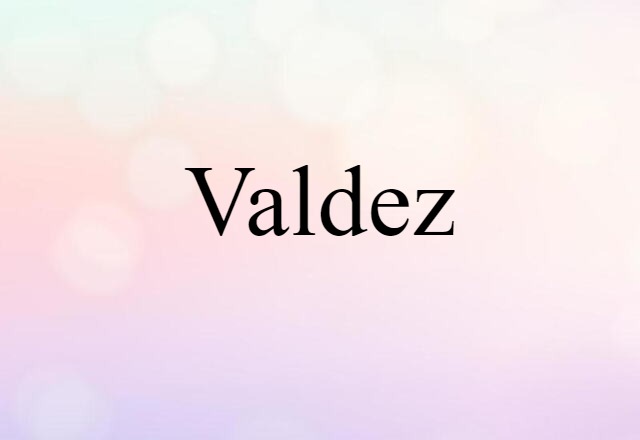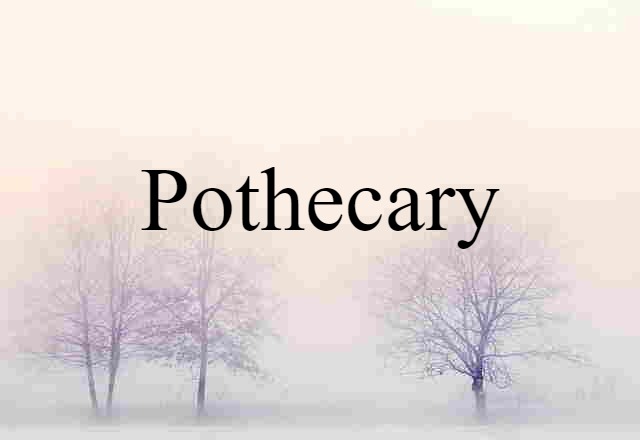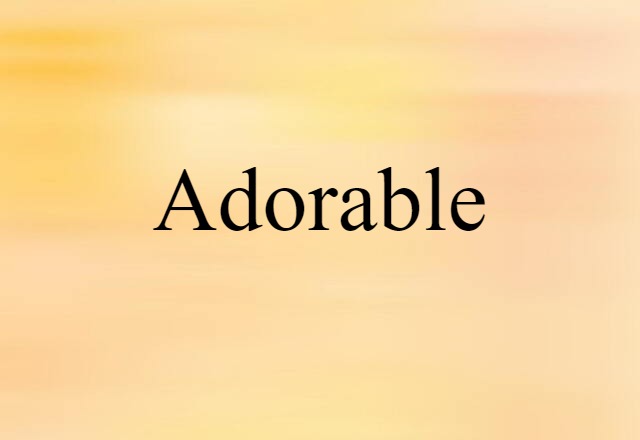- persons indefinitely or collectively; persons in general: to find it easy to talk to people; What will people think?
- persons, whether men, women, or children, considered as numerable individuals forming a group: Twenty people volunteered to help.
- human beings, as distinguished from animals or other beings.
- the entire body of persons who constitute a community, tribe, nation, or other group by virtue of a common culture, history, religion, or the like: the people of Australia; the Jewish people.
- the persons of any particular group, company, or number (sometimes used in combination): the people of a parish; educated people; salespeople.
- the ordinary persons, as distinguished from those who have wealth, rank, influence, etc.: a man of the people.
- the subjects, followers, or subordinates of a ruler, leader, employer, etc.: the king and his people.
- the body of enfranchised citizens of a state: representatives chosen by the people.
- a person's family or relatives: My grandmother's people came from Iowa.
- (used in the possessive in Communist or left-wing countries to indicate that an institution operates under the control of or for the benefit of the people, especially under Communist leadership): people's republic; people's army.
- animals of a specified kind: the monkey people of the forest.
- to furnish with people; populate.
- to supply or stock as if with people: a meadow peopled with flowers.
- persons collectively or in general
- a group of persons considered together
- the persons living in a country and sharing the same nationality
- one's family
- persons loyal to someone powerful
- the people
- the mass of persons without special distinction, privileges, etc
- the body of persons in a country, esp those entitled to vote
- to provide with or as if with people or inhabitants




